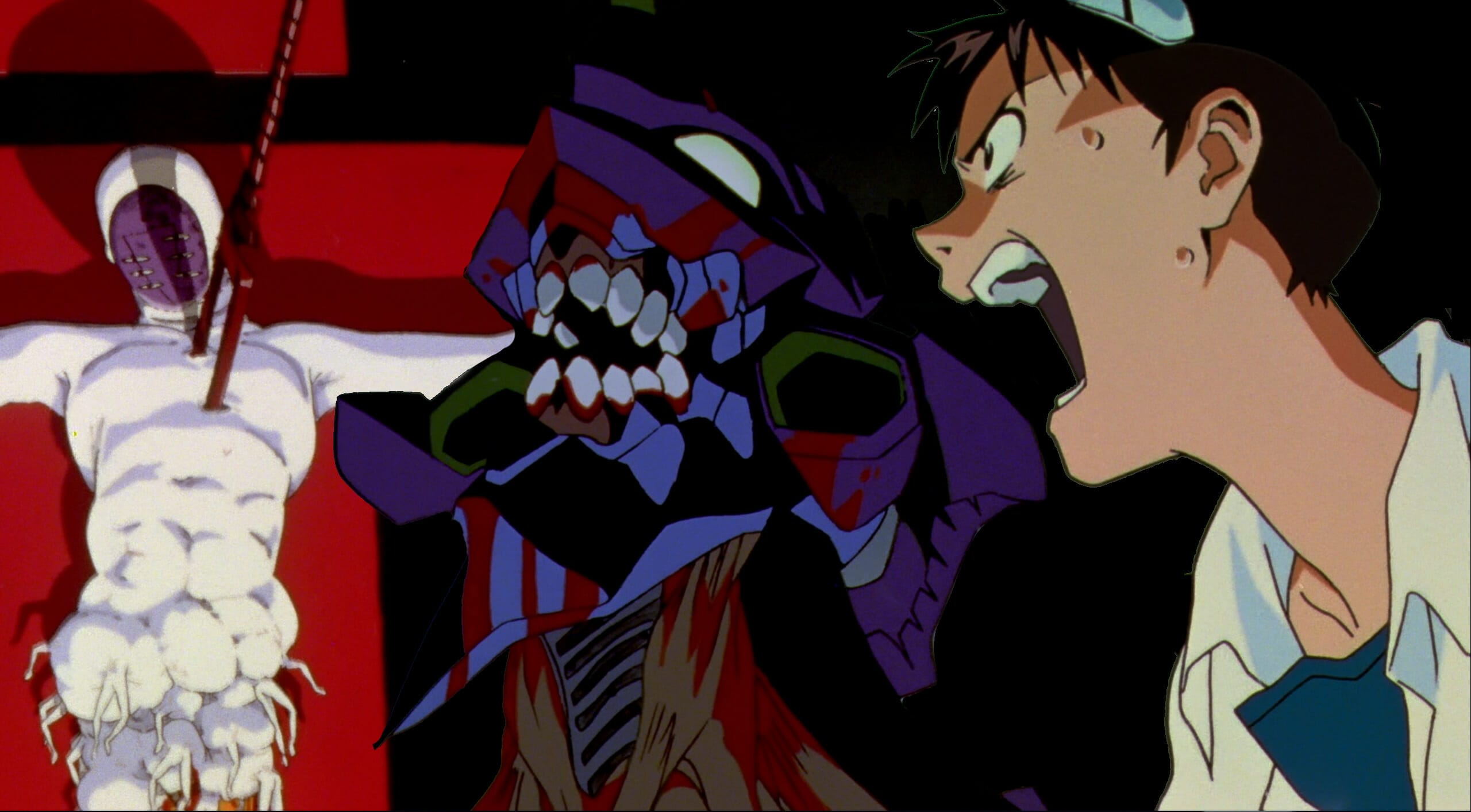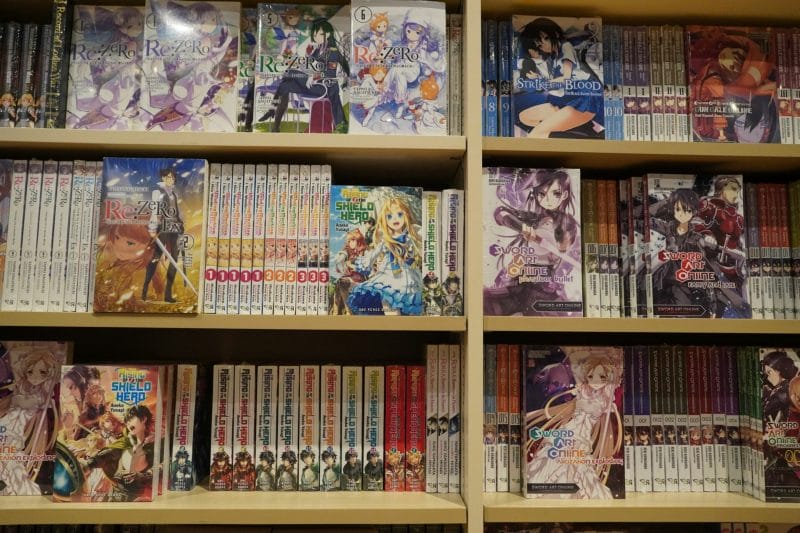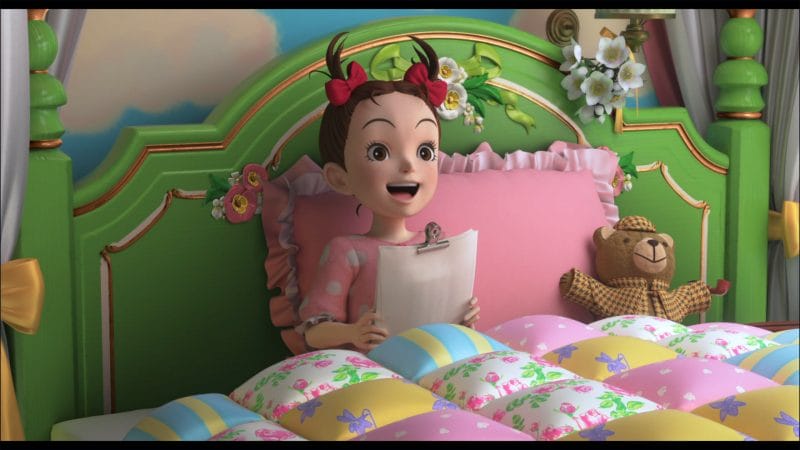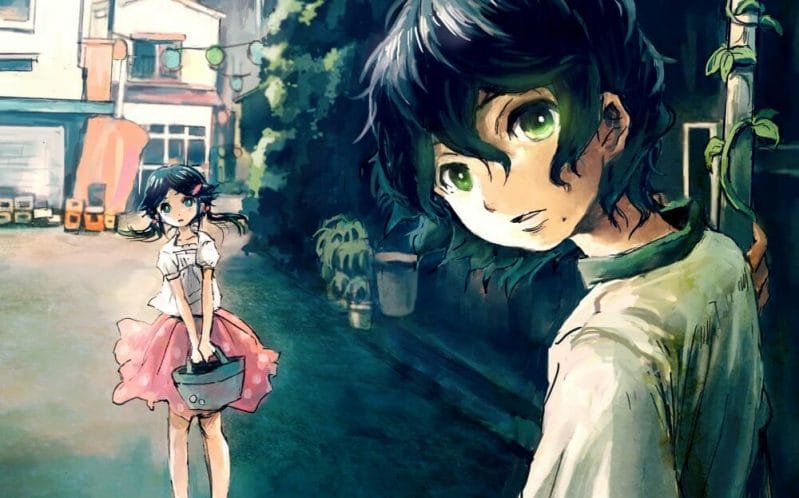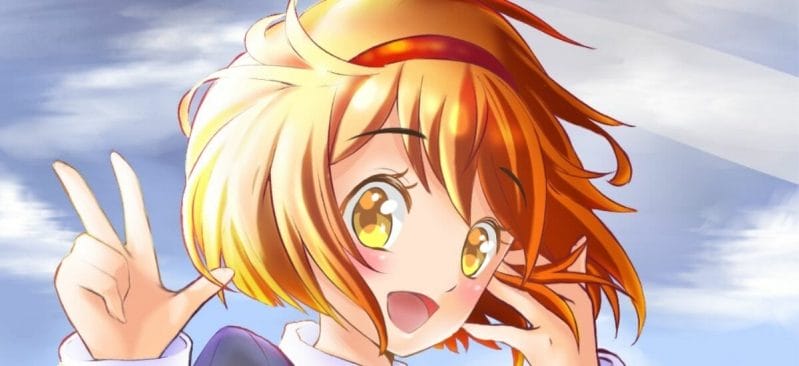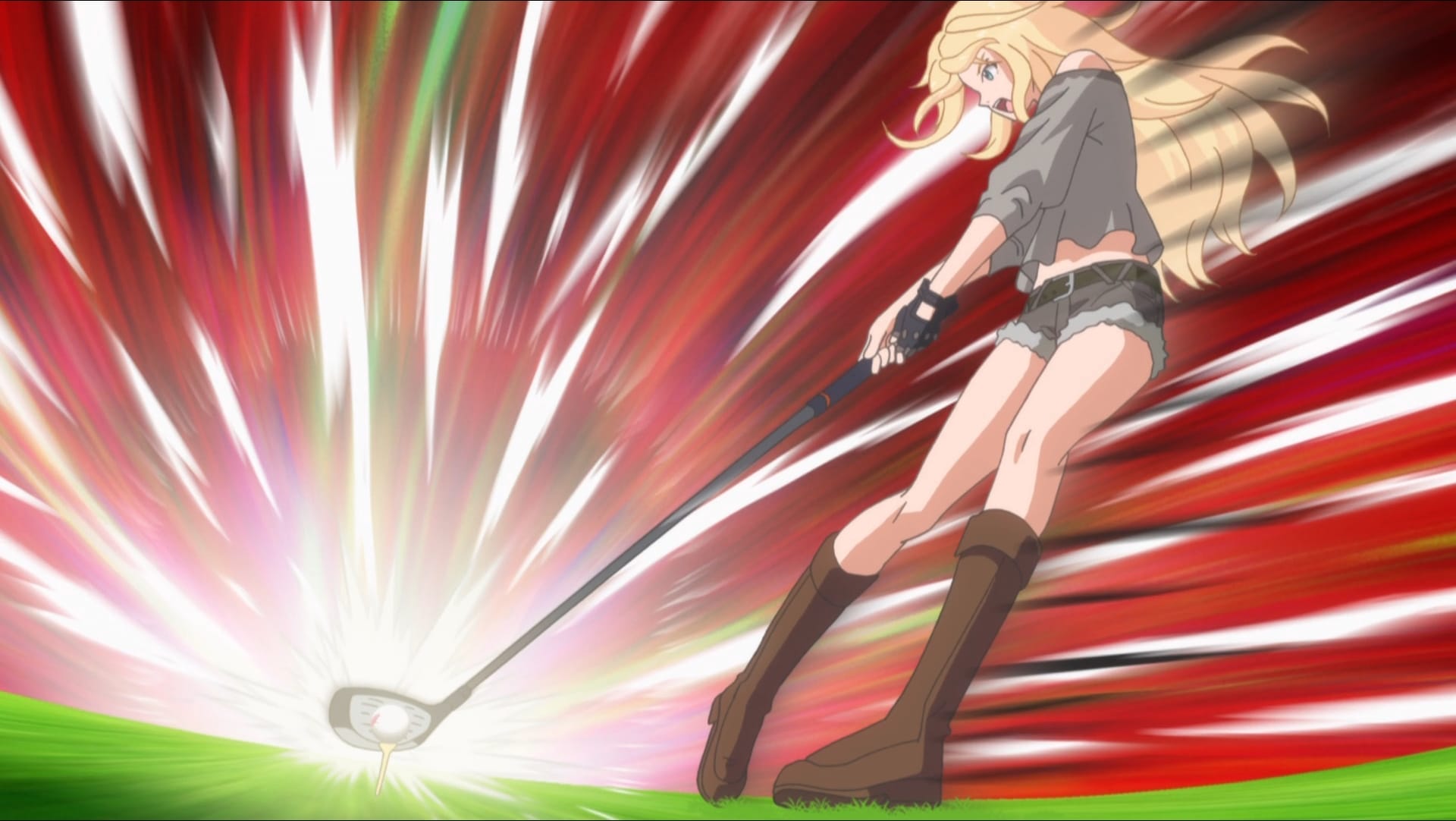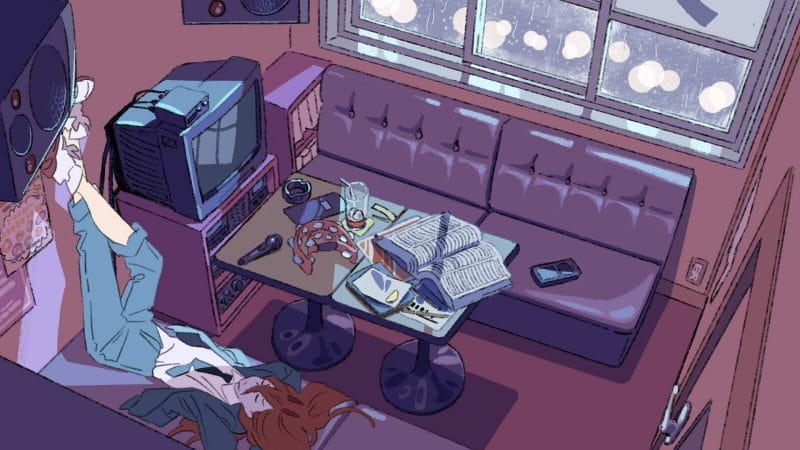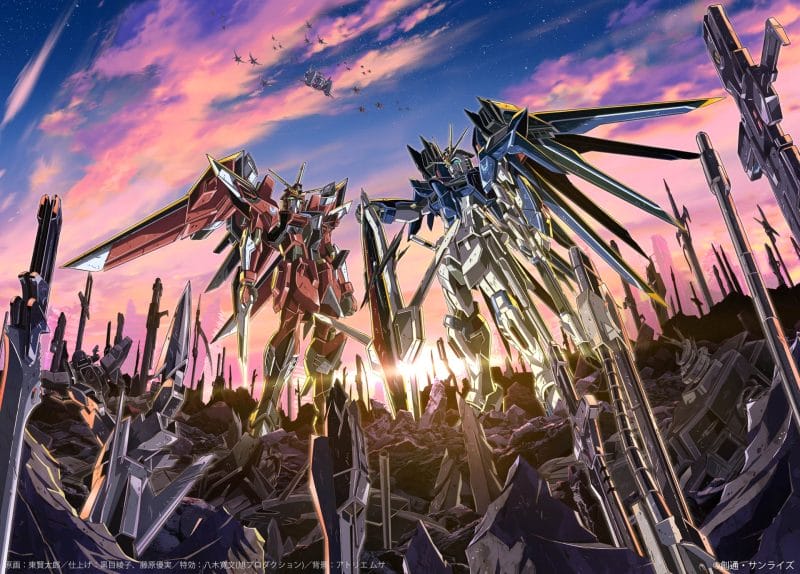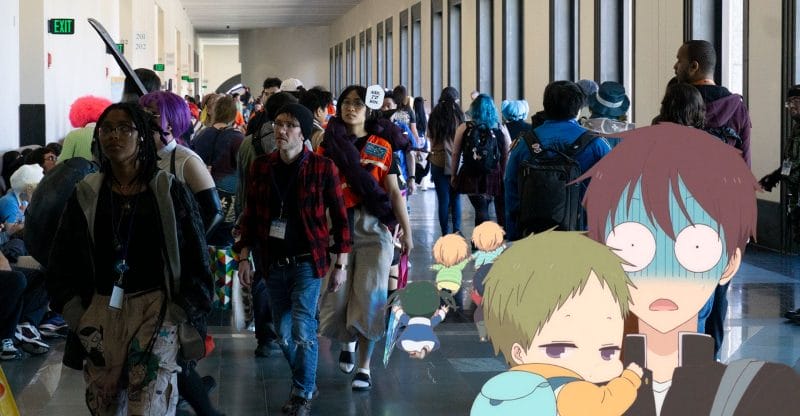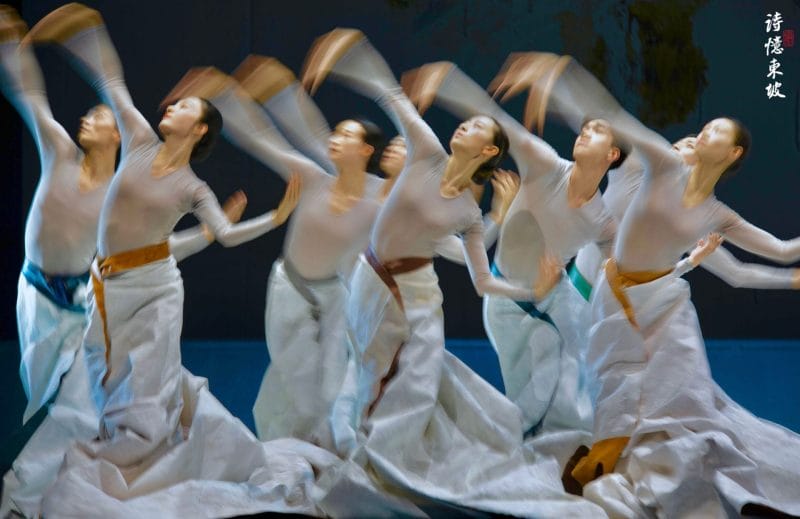It’s hard to quantify just how influential Neon Genesis Evangelion really is. References to the series pop up in everything from Sgt. Frog to Teenage Mutant Ninja Turtles.
But Evangelion’s influence doesn’t stop with animation. The series also made a huge impact on an unlikely medium: music. Maybe you’ve seen a vaporwave mixtape with Asuka or Rei on the cover, or noticed that Grimes is wearing a plugsuit in the “We Appreciate Power” lyric video. But Evangelion has also made its mark on a more specific, less expected genre: extreme metal and industrial music.
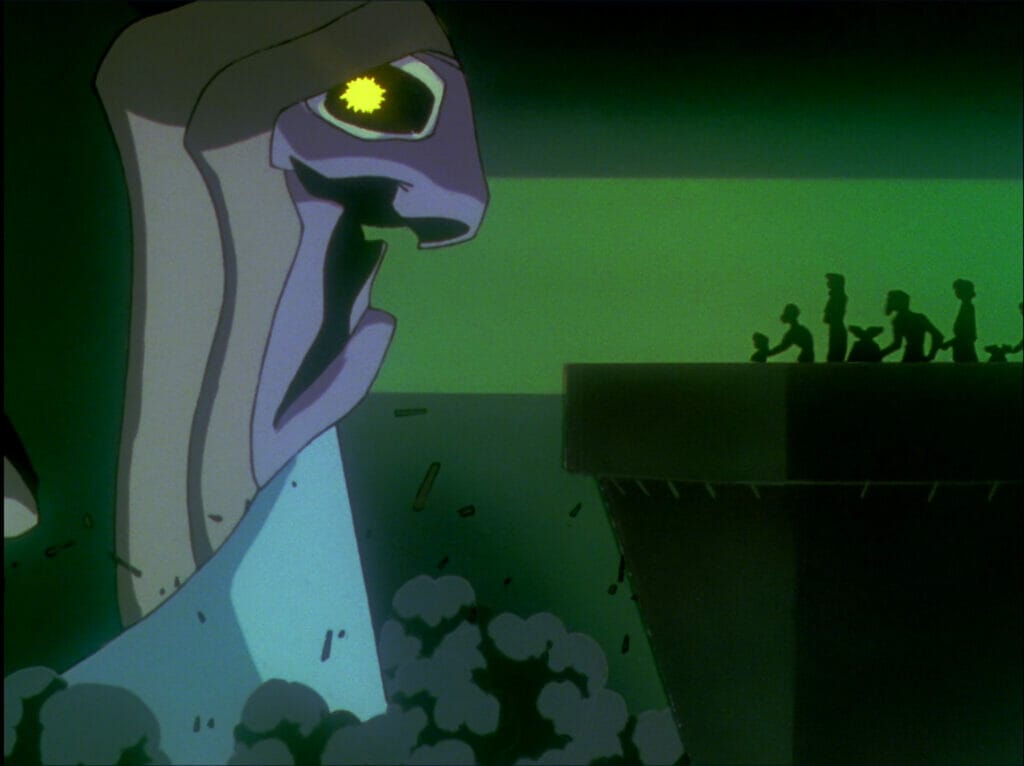
Hop over to the “evangelion” tag on bandcamp and you’ll find a few industrial, harsh noise, and metal releases amongst the usual anime-themed lo-fi beats and vaporwave releases. There are at least two grindcore bands named after Evangelion characters: Gendo Ikari and Sachiel, and an emoviolence/screamo group named Kaoru Nagisa. There’s even a harsh noise album that uses manipulated audio from the famous NERV elevator scene.
Dig around a little more, and you’ll find that the connection between Neon Genesis Evangelion and metal goes even deeper. The past few years have seen quite a few releases clearly inspired by the series. One example is the 2018 album Pattern Blue from Houston-based group Filthy Young Impalers, which sports track titles like “Katsuragi Syndrome” and “Rei.” The album cover even features artwork of a berserk Unit 01. Another is the 2016 screamo EP from Kuronuma titled, The End of Kuronuma // One More Final: I Need You, which takes its title from the End of Evangelion.
There’s also the 2017 emoviolence album, The Morning Sun & The End of The World by Echelons (formerly known as Unable To Fully Embrace This Happiness), which features artwork of Shinji Ikari having a mental breakdown in a folding chair. Béla Ban, the group’s singer and guitarist, explained that while the album is primarily influenced by the works of Inio Asano, the choice to use that scene as the cover artwork was “a no-brainer.”
He chatted with me a little bit about the album over email. “Initially, I was rewatching Evangelion so I could sample clips in between songs. When I got to the last two episodes, the picture just made a lot of sense to use. I had struggled to come up with a concept for artwork and that scene captured the exact feeling I wanted to get across with our music.”
The wave of Evangelion-themed metal albums dates back to the early aughts. In 2006, there was Fightstar’s Grand Unification, a post-hardcore concept album about two people at the end of the world that draws heavily from the final sequences of Evangelion. It’s easy to miss the references to the series at first – sure, there are lines about angels in there, but that doesn’t necessarily mean it’s Eva – but when singer Charlie Simpson croons, “it’s Neon Genesis” at the end of “Lost Like Tears in the Rain,” the connection becomes clear.
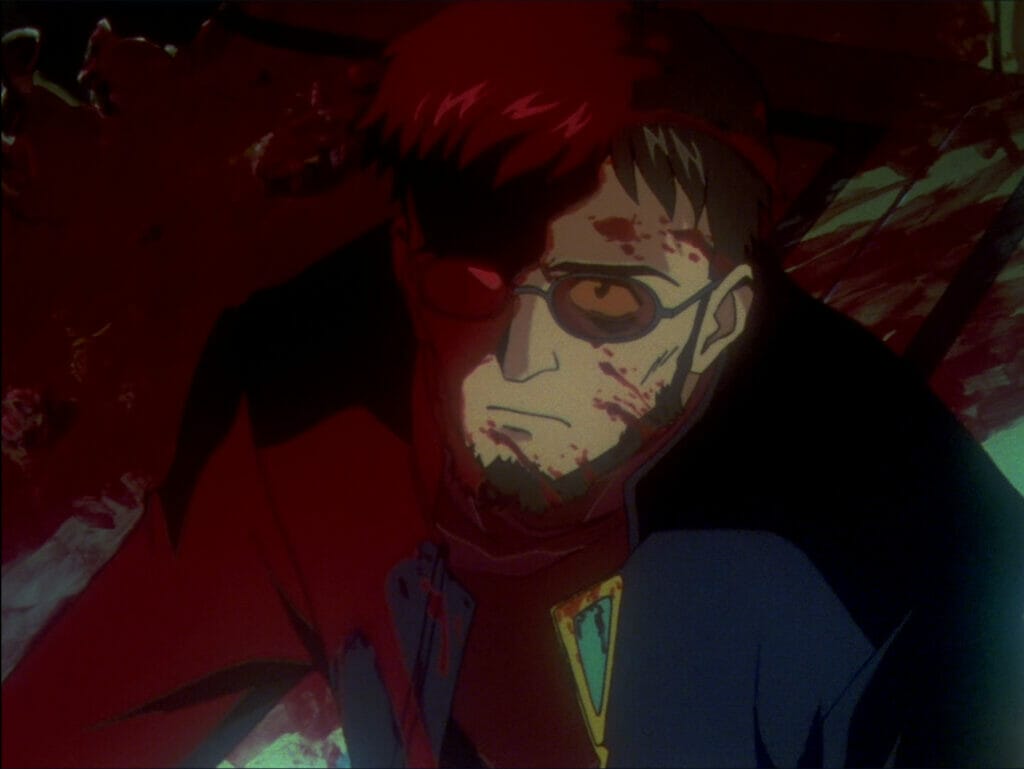
Then there’s the most well-known of the Evangelion-core releases: Discordance Axis’s album The Inalienable Dreamless, one of the most acclaimed and influential grindcore albums of all time. Released in 2000, Neon Genesis Evangelion’s influence looms large over the record. One glimpse at the tracklist, and the direct references to the series are obvious, with tracks such as “Angel Present,” “The End of Rebirth,” and “The Third Children.” The album had been out of print since 2011, but was recently reissued by Willowtip Records.
Vocalist and lyricist Jon Chang (also of Gridlink, Hayaino Daisuki, and No One Knows What The Dead Think) explained just how profoundly the series affected him.
“Anime and Japanese gaming/art have been a part of everything I have ever worked on. Even the earliest Discordance Axis records had tracks with very obvious references like Appleseed, Dominion, and Berserk,” he told me via email. “[But] once I experienced the original Evangelion work, it raised the bar for me in everything else I would do in my life.”
Even in his later works with Gridlink, you can hear the Evangelion influence on tracks like “Asuka.” Beyond that, the works that majorly influenced Hideaki Anno like Space Runaway Ideon and the 1970 live-action series UFO are also referenced across Chang’s body of work. So, just through Chang alone, there are multiple grindcore projects spanning across decades that all have some sort of tie to Eva.
It was The Inalienable Dreamless that pushed musician Anna Pest (aka April Hutchins) to create 2021’s Dark Arms Reach Skyward With Bone White Fingers, an album brimming with references to Neon Genesis Evangelion. According to the Bandcamp description, 12 out of the 15 songs on the track list have lyrics that reference it. When searching for other Evangelion-inspired meta for inspiration, she discovered Discordance Axis and “quickly fell in love with their music” – especially The Inalienable Dreamless and their earlier record, Jouhou.
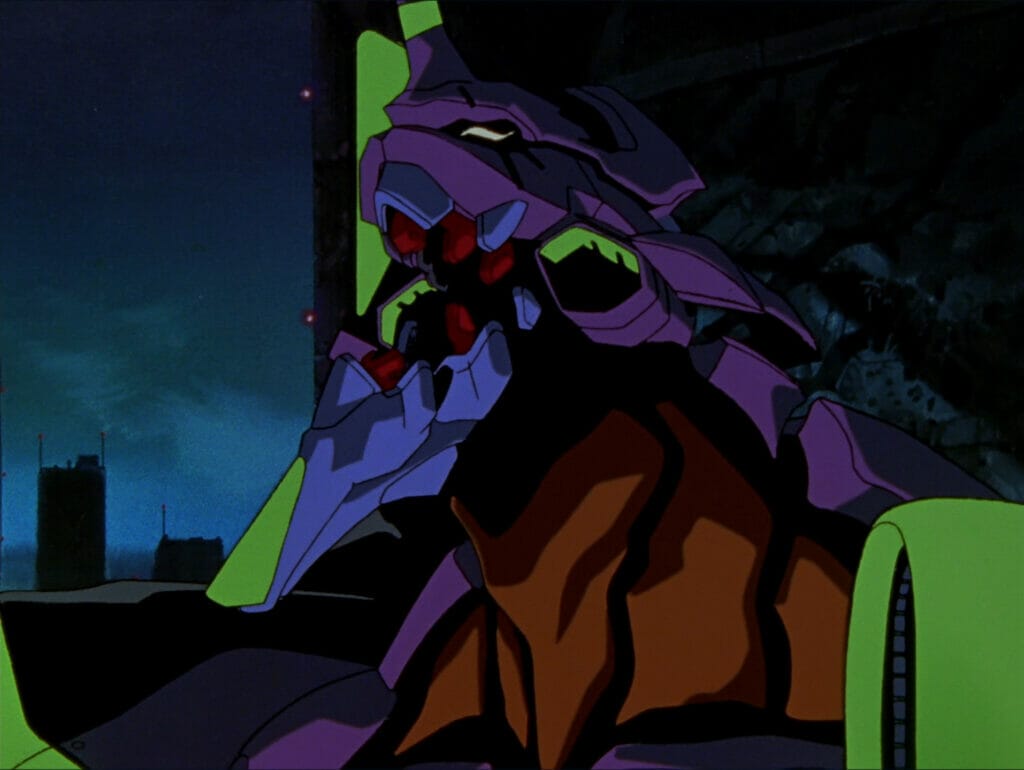
“It was the first time a grindcore band really clicked with me,” she wrote in her email. “It was around [when I discovered their music] that the musical identity of the record started to take shape, and I finally started laying down the riffs.” One track on the album, “Love Is Destructive,” even pays homage to the album by referencing “Angel Present.”
So, what is it about Evangelion that fits so well with metal music? What has drawn all of these musicians to feature the series in their work so heavily?
Anna Pest put it simply. “It’s just a very metal show.”
Pest elaborated. “The show’s post-apocalyptic setting, psychological & cosmic horror tropes, science fiction weirdness, and pastiche of esoteric symbolism & terrifying imagery pulled from Christian mythology – all these same elements are pretty much ubiquitous across many different genres of metal & hardcore, from grindcore, to screamo, to black metal, to cosmic technical death metal.”
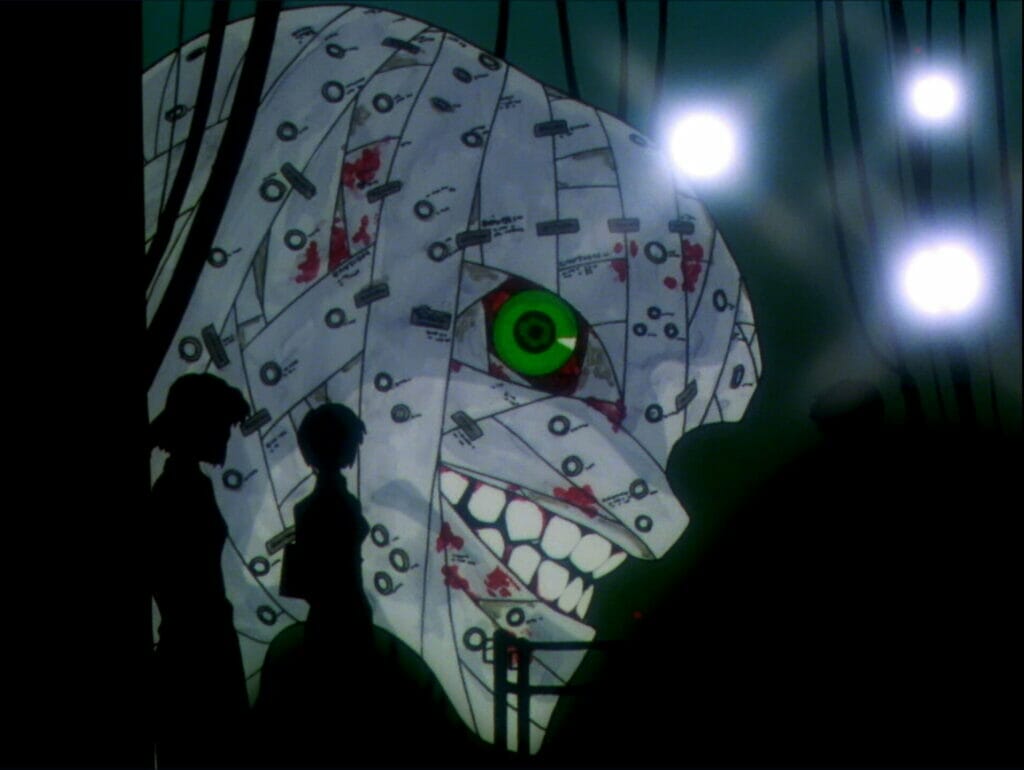
She’s definitely on to something there. Even though characters like Shinji spend time listening to pop music, and folks online tend to meme about the series being “emo,” there’s certainly a metal sensibility to it. It’s not just the imagery that feels metal, either – the visceral nature of the series is similar to the raw energy of metal music. The genre is known for being evocative, and even if you’re listening to a singer and can’t totally make out exactly what the lyrics are, you can feel the anger or sadness radiating off of the song.
Evangelion is equally evocative, especially during the surreal sequences that take place largely within characters’ minds. On a first viewing, it’s difficult to follow exactly what’s going on with NERV or with the angels, or what the timeline of the Second Impact was…but it doesn’t really matter if you “get” everything because you can always feel exactly how much Shiji is struggling, or how lonely Rei feels, or how lost Asuka is.
The members of Sachiel had similar things to say about how well Evangelion thematically translates to metal. I reached out to them via email and they let me know their connections to the series. Their current drummer, Joe Devine, notes that the “chaotic” energy of the series complements metal perfectly, while former drummer Matt Miller agrees that the series and films “have an aesthetic that can really fit in with heavier music.” But the appeal goes much deeper than just the aesthetics.
“The driving force for us to make Evangelion our main focus are its themes and the impact it’s made on each of us,” Miller writes. “It’s dynamic, dramatic, emotional, and violent. It came to me at a weird time in life, and really changed my perspective and just general thoughts about life and everything that comes with it.” The influence the series has had on Miller extends beyond just his work with Sachiel, too – his other music projects (My Purest Heart For You, Tanpopo Crisis, FUCKED, and Sugar Wounds) also reference the series lyrically. “[Evangelion] is just that one piece of art that I hold above all else.”
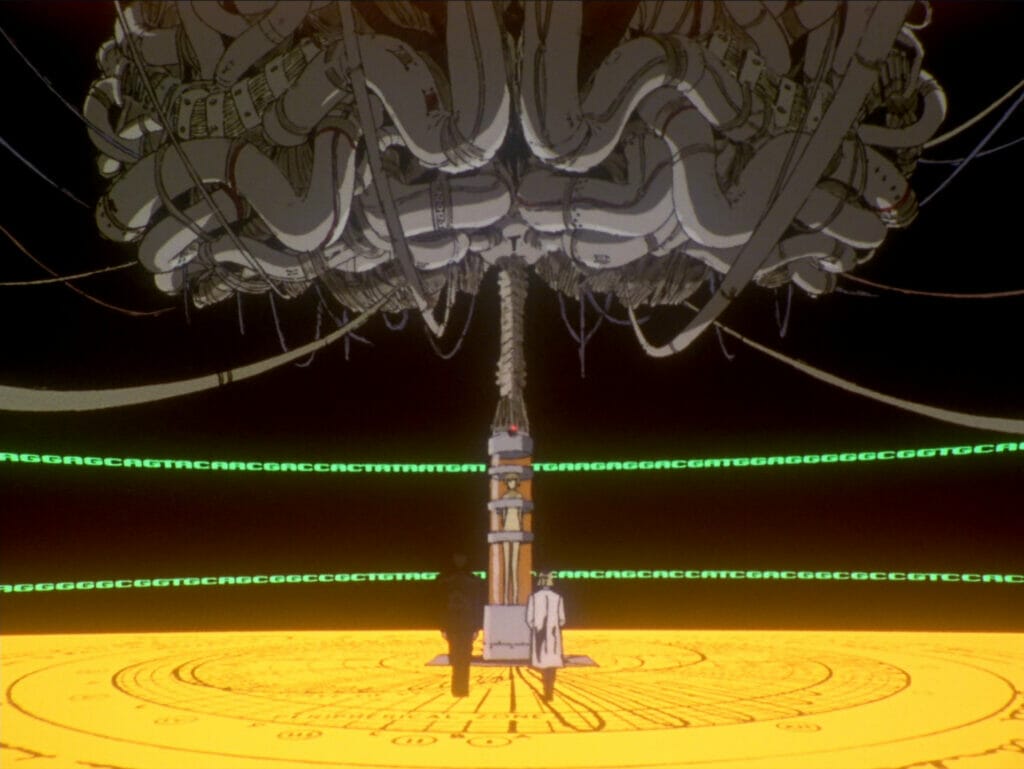
The other members of Sachiel share similar sentiments. Guitarist Jamie Thanthavongsa writes that he came across the series during a “tough and confusing period,“ and that it was a uniquely cathartic experience for him. “Evangelion is definitely a roller coaster of emotions ranging from angst, loneliness, hatred, desire, and more, and to me, metal music is even better when it can convey and express these feelings.”
Vocalist Austin Sigal expands on this and writes, “the themes themselves have a way where anyone can connect with them whether it be: hate, depression, anger, sadness, loss, etc., and referencing it in lyrics with the music we play just seemed to fit well with the messages that the show has laid out, as anyone can take something away from it.”
The series’ emotional heft is definitely a huge part of what drives these musicians to draw so much inspiration from it. Béla Ban explains that when he was writing songs for The Morning Sun & The End Of The World, he found himself really identifying with Shinji’s struggles; specifically with “his self-hatred, sense of self, his family, his confusion with romantic love, as well as his struggles with isolation, loneliness and intimacy.”
There’s a visceral and emotive feeling one has when watching the anime for the first time, not unlike what listeners experience when listening to heavy or harsh music. Ban likens the series’ “hectic aggression and intense action” that is layered with “intricately emotional and incoherent cries for help” to the energy within his own music, and indeed, there is a similarity between the frantic sequences inside Shinji’s mind and the frantic energy of grindcore and its subgenres.
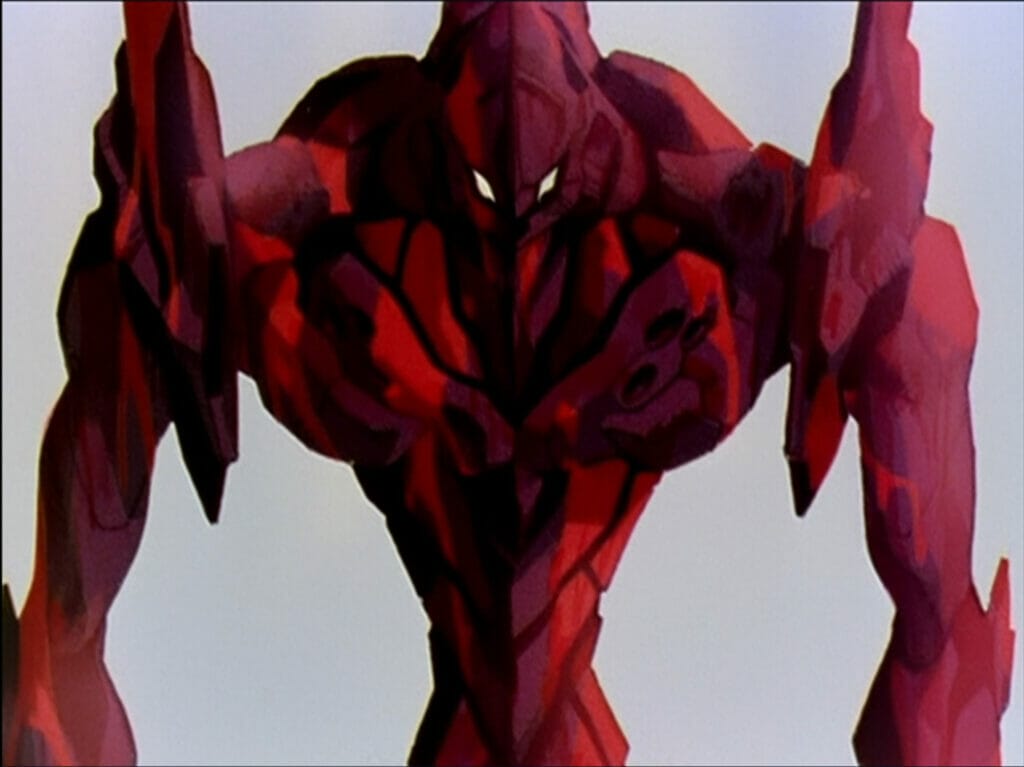
The experience Jon Chang had when watching Neon Genesis Evangelion: Death & Rebirth for the first time describes this perfectly. “The movie conveyed an incredible story with overwhelming emotion. My Japanese was basic at best and I didn’t understand most of what was being said or going on….and at the same time I understood the entire thing. That’s very much the same response I had listening to early grind records, where the words were unintelligible but the story was there in how the work was performed.”
Even though there’s nothing explicitly metal about Neon Genesis Evangelion, its influence on these heavy subgenres makes a lot of sense. When you get down to it, it’s the emotional power of the series that resonates with viewers of all kinds, not just musicians. Any art that leaves as strong of an impression as Evangelion is bound to influence and inspire more art, and a medium as visceral as grindcore or death metal is perfect to further explore the gut-wrenching emotions present throughout the series.
“With most pop culture or subculture being more and more narcissistic and less and less about the craft and emotion of what’s being produced today,” Chang wrote, “I know as both creator and audience, I am always looking for something genuine.”
And if there’s one thing Evangelion is, it’s genuine.


